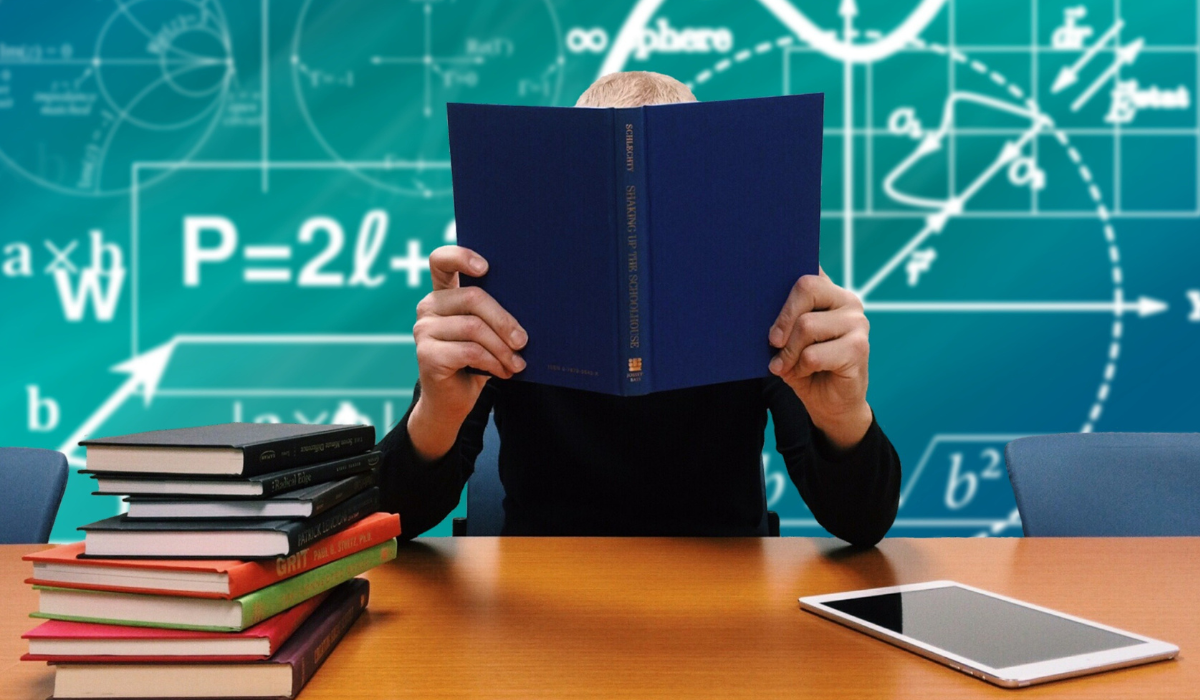Lucy’s Director of Studies in Mathematics, Dr Julian Gilbey, provides an inspiring top four list.
The Cambridge undergraduate mathematics course, known as the Mathematical Tripos, is internationally renowned. Highly challenging but also equally rewarding, it is wide-ranging and flexible, giving scope to students to determine their own workload and pattern. It offers a springboard to success in a variety of sectors, including business, commerce, industry and academia.
Dr Julian Gilbey, Director of Studies in Mathematics, suggests four books to help you explore this fascinating field:
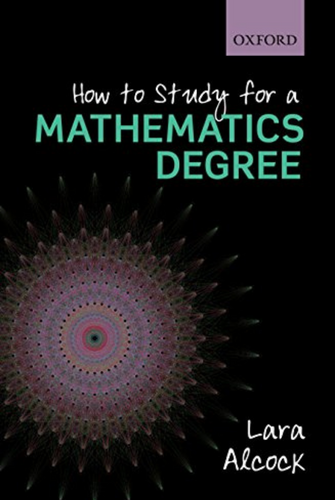 1- How to study for a mathematics degree by Lara Alcock
1- How to study for a mathematics degree by Lara Alcock
The first subject-specific guide for students, this friendly, practical text will be essential reading for anyone studying mathematics at university. The book translates research-based insights into practical advice for a student audience. It covers every aspect of studying for a mathematics degree, from the most abstract intellectual challenges to the everyday business of interacting with lecturers and making good use of study time. Part 1 provides an in-depth discussion of advanced mathematical thinking, and explains how a student will need to adapt and extend their existing skills in order to develop a good understanding of undergraduate mathematics. Part 2 covers study skills as these relate to the demands of a mathematics degree. It suggests practical approaches to learning from lectures and to studying for examinations while also allowing time for a fulfilling all-around university experience.
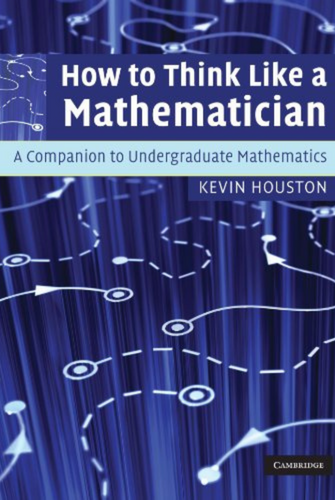 2- How to think like a mathematician by Kevin Houston
2- How to think like a mathematician by Kevin Houston
This friendly companion will ease your transition to real mathematical thinking. Working through the book you will develop an arsenal of techniques to help you unlock the meaning of definitions, theorems and proofs, solve problems, and write mathematics effectively. All the major methods of proof - direct method, cases, induction, contradiction and contrapositive - are featured. Concrete examples are used throughout, and you'll get plenty of practice on topics common to many courses such as divisors, Euclidean algorithms, modular arithmetic, equivalence relations, and injectivity and surjectivity of functions. The material has been tested by real students over many years so all the essentials are covered. With over 300 exercises to help you test your progress, you'll soon learn how to think like a mathematician.
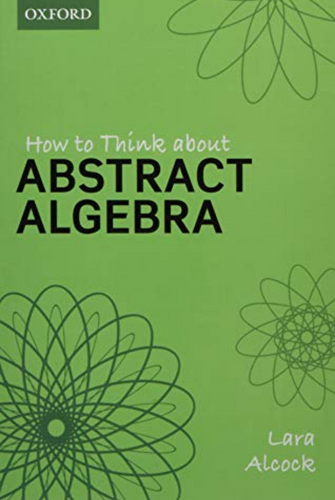 3- How to think about abstract algebra by Lara Alcock
3- How to think about abstract algebra by Lara Alcock
How to Think about Abstract Algebra provides an engaging and readable introduction to its subject, which encompasses group theory and ring theory. Abstract Algebra is central in most undergraduate mathematics degrees, and it captures regularities that appear across diverse mathematical structures - many people find it beautiful for this reason. But its abstraction can make its central ideas hard to grasp, and even the best students might find that they can follow some of the reasoning without really understanding what it is all about. This book aims to solve that problem.
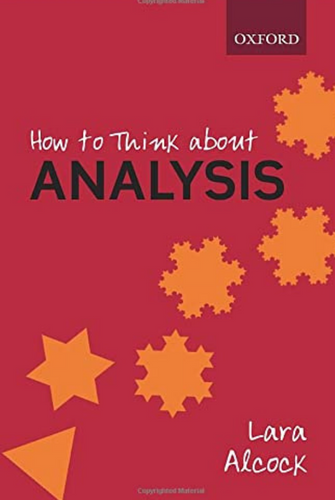 4- How to think about analysis by Lara Alcock
4- How to think about analysis by Lara Alcock
Analysis (sometimes called Real Analysis or Advanced Calculus) is a core subject in most undergraduate mathematics degrees. It is elegant, clever and rewarding to learn, but it is hard. Even the best students find it challenging, and those who are unprepared often find it incomprehensible at first. This book aims to ensure that no student need be unprepared. It is not like other Analysis books. It is not a textbook containing standard content. Rather, it is designed to be read before arriving at university and/or before starting an Analysis course, or as a companion text once a course is begun. It provides a friendly and readable introduction to the subject by building on the student's existing understanding of six key topics: sequences, series, continuity, differentiability, integrability and the real numbers. It explains how mathematicians develop and use sophisticated formal versions of these ideas, and provides a detailed introduction to the central definitions, theorems and proofs, pointing out typical areas of difficulty and confusion and explaining how to overcome these.
Explore your subject further
Supracurricular exploration is an important way to expand your knowledge of your subject, explore your interests and develop your skills. Our new webpage contains guidance on supracurricular exploration and a comprehensive source of resources, grouped according to undergraduate degrees at Cambridge.
The Mathematics Faculty also provides an extensive reading list for the subject.




